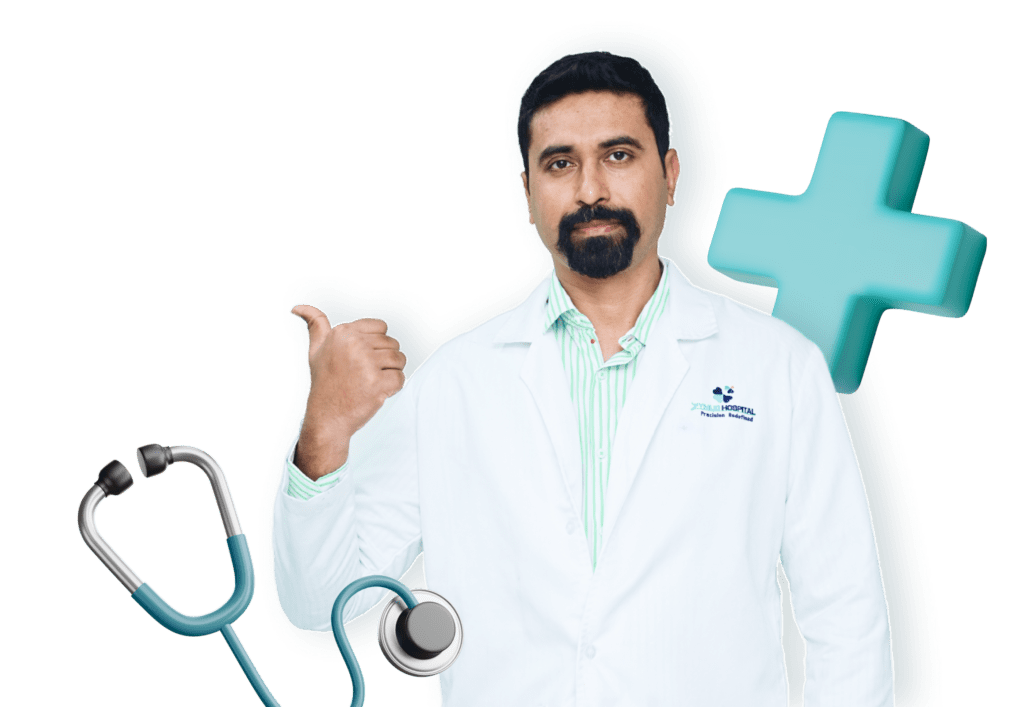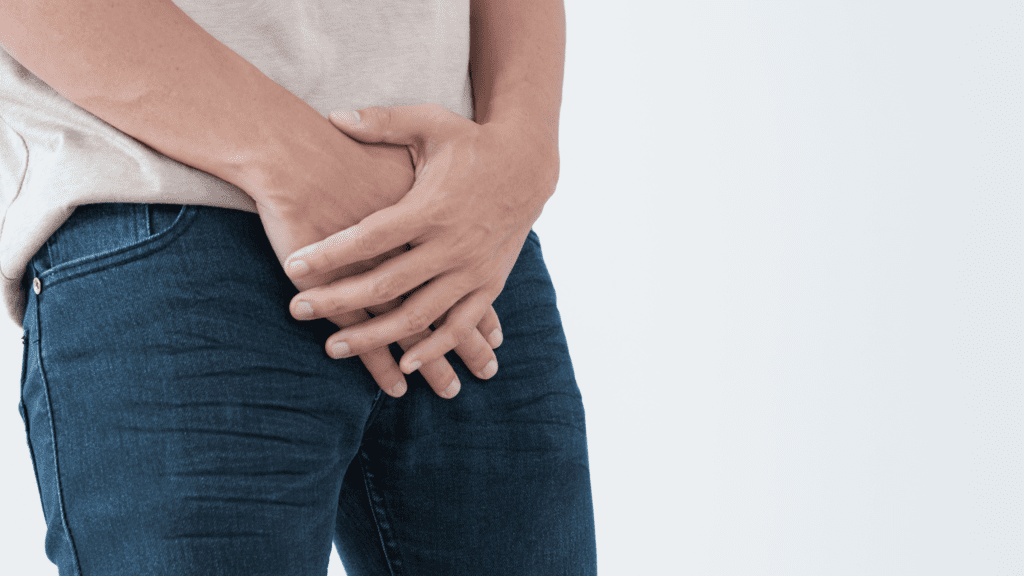Testicular torsion is a medical emergency that occurs when the spermatic cord, which supplies blood to the testicle, twists. This twisting cuts off blood flow to the affected testicle, causing severe pain and potentially leading to permanent damage or loss of the testicle if not treated promptly.
Detailed Information
Testicular torsion is usually caused by:
• Congenital factors: An abnormality in the testicle’s attachment to the scrotum, which makes it more prone to twisting.
• Trauma or injury: Any injury to the groin area can lead to torsion.
• Physical activity: In some cases, vigorous physical activity or even sleep can cause the testicle to twist.
• Congenital factors: An abnormality in the testicle’s attachment to the scrotum, which makes it more prone to twisting.
• Trauma or injury: Any injury to the groin area can lead to torsion.
• Physical activity: In some cases, vigorous physical activity or even sleep can cause the testicle to twist.
• Sudden, severe pain in one testicle.
• Swelling and redness of the scrotum
• Nausea and vomiting
• A high-riding testicle (the testicle may appear higher in the scrotum than usual)
• Abnormal position of the testicle (may feel twisted or rotated)
• Swelling and redness of the scrotum
• Nausea and vomiting
• A high-riding testicle (the testicle may appear higher in the scrotum than usual)
• Abnormal position of the testicle (may feel twisted or rotated)
There are no definitive ways to prevent testicular torsion, but certain measures can help:
• Awareness: Understanding the condition and seeking immediate medical help if pain occurs.
• Protection during physical activities: Wearing protective gear or a jockstrap during sports to minimize the risk of injury.
• Surgical intervention: In some cases, preventive surgery (orchiopexy) may be recommended to secure both testicles to prevent torsion in the future, especially if one testicle has experienced torsion previously.
• Awareness: Understanding the condition and seeking immediate medical help if pain occurs.
• Protection during physical activities: Wearing protective gear or a jockstrap during sports to minimize the risk of injury.
• Surgical intervention: In some cases, preventive surgery (orchiopexy) may be recommended to secure both testicles to prevent torsion in the future, especially if one testicle has experienced torsion previously.
Testicular torsion is a medical emergency that requires immediate treatment:
• Surgical detorsion: The testicle is untwisted, and the spermatic cord is secured to prevent further twisting. This procedure is typically performed within 6 hours to save the testicle.
• Orchiectomy: If the testicle is severely damaged and cannot be saved, it may need to be removed.
• Orchiopexy: Surgery to secure both testicles to prevent future torsion, especially if a previous case has occurred.
• Surgical detorsion: The testicle is untwisted, and the spermatic cord is secured to prevent further twisting. This procedure is typically performed within 6 hours to save the testicle.
• Orchiectomy: If the testicle is severely damaged and cannot be saved, it may need to be removed.
• Orchiopexy: Surgery to secure both testicles to prevent future torsion, especially if a previous case has occurred.
Book Your Consultation Now
Schedule an appointment with the leading uro-oncologist in Bangalore, Dr. Anil
Kumar T. Benefit from expert care and advanced treatment options for all your
urological needs, delivered with a patient-centered approach.

Book Your Consultation Now
Schedule an appointment with the leading uro-oncologist in Bangalore, Dr. Anil
Kumar T. Benefit from expert care and advanced treatment options for all your
urological needs, delivered with a patient-centered approach.
Resolve Your Queries
Answers to the most common inquiries about urological conditions, treatments, and patient care. Designed to offer quick guidance and help you better understand, ensuring you feel informed and confident in your healthcare decisions.
Still have queries about Urology & Uro Oncology? Hit the button below.
Lorem ipsum dolor sit amet, consectetur adipiscing elit. Ut elit tellus, luctus nec ullamcorper mattis, pulvinar dapibus leo.
Lorem ipsum dolor sit amet, consectetur adipiscing elit. Ut elit tellus, luctus nec ullamcorper mattis, pulvinar dapibus leo.
Lorem ipsum dolor sit amet, consectetur adipiscing elit. Ut elit tellus, luctus nec ullamcorper mattis, pulvinar dapibus leo.
Lorem ipsum dolor sit amet, consectetur adipiscing elit. Ut elit tellus, luctus nec ullamcorper mattis, pulvinar dapibus leo.
Lorem ipsum dolor sit amet, consectetur adipiscing elit. Ut elit tellus, luctus nec ullamcorper mattis, pulvinar dapibus leo.
Lorem ipsum dolor sit amet, consectetur adipiscing elit. Ut elit tellus, luctus nec ullamcorper mattis, pulvinar dapibus leo.
Visit Us
Zymus Hospital Address
No.1, K NO. 92, Nanjappa Complex, Kanakapura Rd, Raghuvanahalli, Bangalore City Municipal Corporation Layout, Bengaluru, Karnataka 560062
Menu
Menu
Quick Links
Menu
Copyright © 2024. Dr Anil Kumar T


